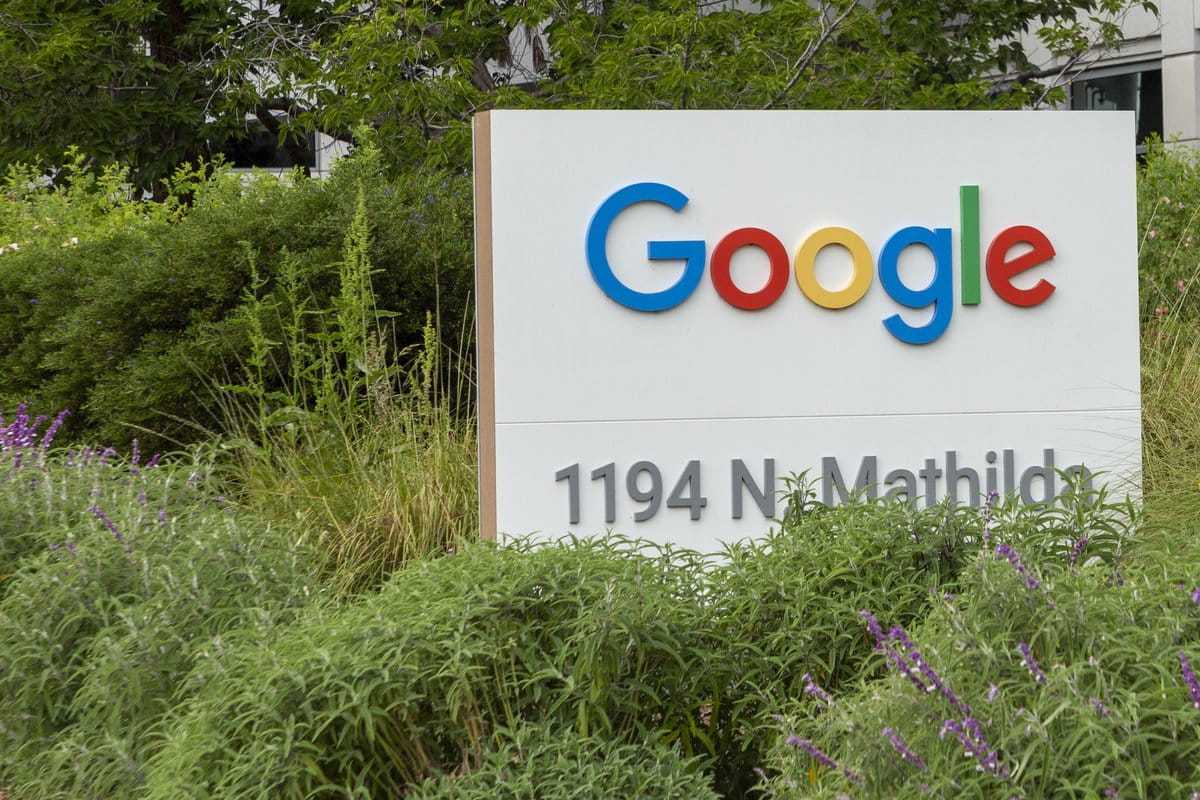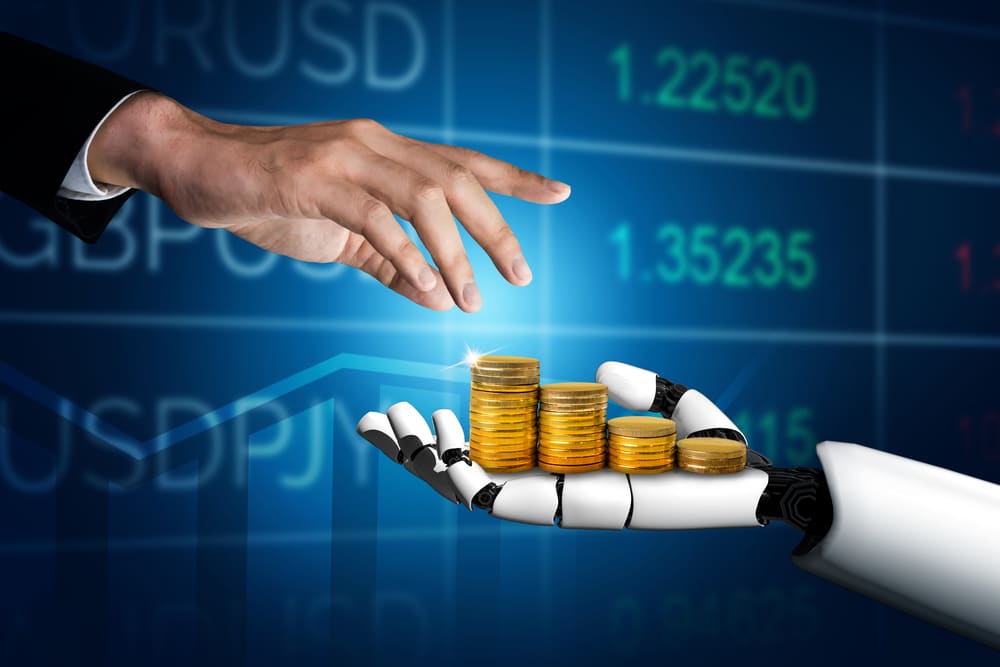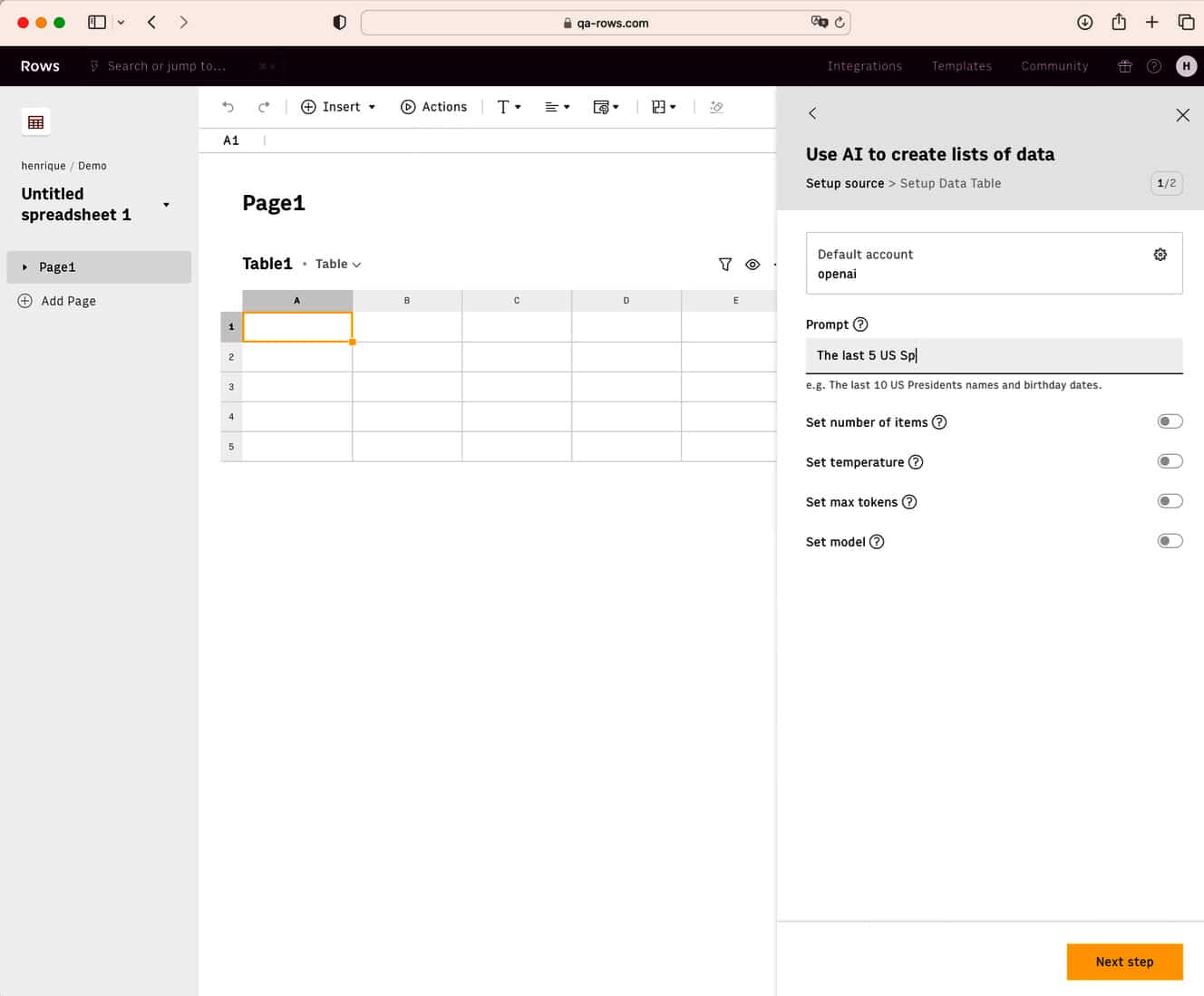
Microsoft launches DALL-E-based, AI-powered Bing Image Creator
Continuing its AI push, Microsoft has announced Bing Image Creator. Powered by OpenAI's DALL-E, the tool can be used to generate images using artificial intelligence.
Microsoft says that Bing Image Creator will form part of Bing chat, and it will accept natural language prompts to create (just about) any sort of image you might want. The tool will also be made available in Microsoft Edge, making it -- the company is quick to highlight -- the first and only browser with an integrated AI-powered image generator.

Cloning voices: The opportunities, threats and needed safeguards
Microsoft recently made headlines by announcing it is working on a form of artificial intelligence (AI) called VALL-E that can clone voices from a three second audio clip. Imagine that now AI can have anyone’s voice say words without that individual actually speaking! Even more recently, Samsung announced that its software assistant, Bixby, can now clone users’ voices to answer calls. Specifically, Bixby now lets English speakers answer calls by typing a message which Bixby converts to audio and relays to the caller on their behalf.
Technologies like VALL-E and Bixby are bringing voice cloning to reality and have the potential to be industry game changers. The term voice cloning refers to the ability to use AI to build a digital copy of a person’s unique voice, including speech patterns, accents and voice inflection, by training an algorithm with a sample of a person’s speech. Once a voice model is created, plain text is all that’s needed to synthesize a person’s speech, capturing and mimicking the sound of an individual. In fact, many different types of voice cloning companies are now launching, making this technology much more accessible.

Experience an entirely new way of working with AI-powered Microsoft 365 Copilot
Microsoft today took the wraps off Microsoft 365 Copilot, a new tool that combines the power of large language models (LLMs) with business data and Microsoft 365 apps.
Currently in testing with select commercial customers, Microsoft says that Copilot isn’t just a better way of doing the same things, it’s "an entirely new way of working".

Google Workspace gains generative AI
Generative AI is very much flavor of the month at the moment thanks to tools like ChatGPT. Now business tool Google Workspace is getting in on the act with new features to help users create drafts, proofread, generate images and more.
Initially the new AI features will be in Docs and Gmail. The company is keen to stress that users will remain in control, AI will make suggestions that you're able to accept, edit, and change.

95 percent of business leaders expect AI/ML investments to boost revenue
A new survey of 100 chief data officers (CDOs) and chief data analytics officers (CDAOs) at companies with $1B+ in revenue shows that 95 percent say their company leadership expects investments in AI and ML applications will result in a revenue increase.
The study for Domino Data Lab, carried out by Wakefield Research, shows 67 percent are adopting a more offensive data policy seeking to drive new business value with analytics, ML and AI applications.

Microsoft is about to launch multi-modal GPT-4 complete with video
Microsoft has revealed that the company is about to launch GPT-4 and this time it is about more than just text and chat. The next iteration of the AI technology is described as multi-modal, meaning there is support for much more -- including video.
The news came at an event in Germany called KI im Fokus (AI in Focus) on Thursday. Here, Microsoft Germany's CTO and Lead Data & AI STU, Andreas Braun, said: "We will introduce GPT-4 next week, there we will have multimodal models that will offer completely different possibilities -- for example videos".

Microsoft is going to use AI to improve the look of the Windows 11 desktop
AI is more than just the latest trend in technology, it is absolutely unavoidable. The likes of ChatGPT and Microsoft's recent OpenAI-driven update to Bing may have brought artificial intelligence to the fore, but it is everywhere... and spreading.
We already know that Microsoft is looking to enhance Windows 11 with AI, and this can already be seen with the introduction of the AI-powered Bing to the taskbar. But there are also signs that the company will be using the technology to make the desktop look better.

How AI can evolve and up-level your firm's cyber defense strategy
A recent Statista report revealed the financial consequences of cybercrime in 2022 were higher than ever, with the average cost of data breaches in the U.S. totaling more than $9 million. With 2023 poised to be the year of reduced spending given an uncertain economy, protection against the rise of cyber incidents and data breaches will impact numerous industries and become more costly due to inflation. The human cost, however, is just as great, as businesses face increasing pressures to protect employees’ and customers’ personal information as well as their time and trust.
When a data breach occurs there’s little room and time for error: victims, as well as employees and stakeholders, expect a swift and appropriate incident response. Companies that handle mass amounts of personal data, especially in the legal sector where PII-containing case data is at stake, should look to new solutions rooted in artificial intelligence to complete similar tasks at faster speeds and reduced price points. This will also provide senior leadership much-needed peace of mind amid security-compromised induced stress.

Generative AI -- what it is and why there's no rush to adopt it [Q&A]
Generative AI has been getting attention recently for its novelty, unique applications and potential impact on the business world.
But, like any new invention, there's some confusion around what it actually is and what it can do. We spoke to Scott Varho, chief evangelist of 3Pillar Global, who argues that companies shouldn't be rushing to adopt generative AI without considering their needs and potential value.

Rows brings the power of GPT-3 AI to spreadsheets
Following the massive success of OpenAI’s ChatGPT, AI is being added to a growing number of tools and services. A couple of days ago, Microsoft released Moment 2 for Windows 11, adding a number of new features to the new OS, including bringing its AI-powered Bing preview to the taskbar.
Today, Berlin-based spreadsheet company Rows announces a new version of its online worksheet tool which comes with GPT-3 AI capabilities built in, as well as third-party integrations, giving users access to over one billion functions.

Developer interest in AI and deep learning grows
New research from O'Reilly, looking at the most sought-after technology topics consumed by the 2.8 million users on its online learning platform, shows that there's been a 42 percent increase in interest in AI.
Interest in deep learning showed a 23 percent increase. Developers also increasingly searched for content related to transformers -- the AI model that's led to tremendous progress in natural language processing -- reflecting the impact of advancements in Open AI's GPT-3 and ChatGPT and the anticipation for upcoming offerings from Google, Meta, and others.

Microsoft's huge update to Windows 11 arrives today, with many new features, including AI-powered Bing on the taskbar
Windows 11 has been a hard sell for Microsoft. It has demanding system requirements which means it won’t run on older hardware, and it feels a bit unfinished in places. With its Moments releases, Microsoft is trying to make the new operating system more appealing, and today it adds a raft of new features.
With the latest Windows 11 feature release, Microsoft is focusing on innovation "in a few key areas". These include:

The new AI-powered Bing preview arrives on iOS and Android today -- and in Skype
Microsoft isn’t wasting any time in rolling out and expanding its new AI-powered version of Bing. Yesterday, the company explained how it was beginning to relax some of the limitations it introduced after its AI went rogue and started insulting and gaslighting users, and also revealed future plans which included allowing users to choose the tone of AI chats in Bing.
Today, Microsoft’s Yusuf Mehdi, Corporate Vice President & Consumer Chief Marketing Officer, announces that the launch of the new AI-powered Bing and Edge mobile apps, which arrive with bonus new features, such as voice input.

Microsoft plans to let you choose the tone of AI chats in Bing and Edge
Two weeks ago, Microsoft announced that it was introducing an enhanced version of ChatGPT into its Bing search engine and Edge browser and opened it up for testing.
Things didn’t go quite as smoothly however, and in testing it was found that the AI could go off the rails during long and intricate chats. As a result, Microsoft introduced some limits -- restricting users to five chat turns per session and a total of 50 per day. However, that limitation is set to soon be raised, and that’s not the only change that’s coming.

Automated translation services help deliver BEC attacks
Business email compromise (BEC) attacks are a major issue and are reckoned to have accounted for over a third of all financial losses from cyberattacks in 2021.
While not as common as phishing, BEC is a serious threat and it's not just in English-speaking countries. Abnormal Security has identified two groups using executive impersonation to execute BEC attacks on companies worldwide.
